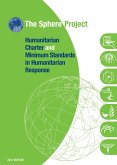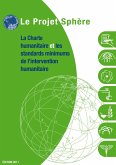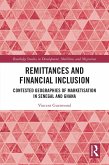A major shift has taken place in the field of humanitarian assistance. This shift includes greater awareness of the key role markets play in assisting affected populations to recover from shocks. In parallel with emergency efforts to meet basic human needs for shelter, water, food, and health services, economic recovery assistance is needed as economies continue to function during a crisis. In the past, economic development was treated as a later stage activity with little or no coordination between relief and development. Based on a consensus across a broad range of aid agencies, humanitarian actors today are promoting livelihoods support to help affected populations make a living and meet their own basic needs. The Minimum Economic Recovery Standards, developed and revised through the joint efforts of more than 90 agencies and over 175 practitioners, represent an industry consensus on economic recovery for the humanitarian sector. The MERS have become well recognized and accepted as an industry standard providing key actions, key indicators, and guidance notes to enhance the effectiveness of organizations working to support the economic recovery of crisis-affected populations. The standards highlight strategies designed to promote enterprise and market systems development, asset distribution, financial services, and employment in areas affected by conflict or disaster. Today, the MERS are recognized as a part of the Humanitarian Standards Partnership, comprised of Sphere and its Companion Standards, which collaboratively promote complementarity among technical standards and provide evidence-based resources in multiple areas of humanitarian response.
Dieser Download kann aus rechtlichen Gründen nur mit Rechnungsadresse in A, D ausgeliefert werden.









